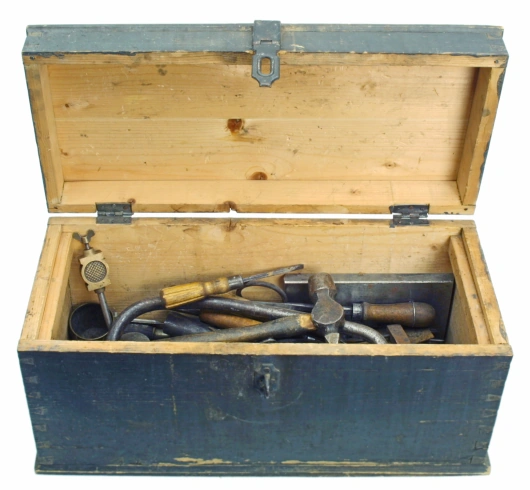Building the toolbox
When I studied music composition, a lot of the curriculum was focused on music theory. Music theory is helpful when you have an existing piece of music and want to analyze it, i.e., break it down into parts and see how it fits together. However, music theory is less useful when applied to the creation of new music.
If you are using the rules of some theory to generate your music, you’re likely to end up with bland and boring music. Theories are abstract (in order to cover many examples), and therefore they usually disregard most of the details that make specific pieces interesting and enjoyable. So you can understand a diverse set of pieces with one good concept, but if you take just that one concept and try to use it to write a piece, it will come across as the most generic version of something that’s already been done by all those other pieces.

Like composers, musicians studying performance learn theory. However, for them it’s more of an auxiliary subject in a curriculum otherwise focused on two things: actual performance and learning technique. This is a reasonable approach for performance education; I think composers would be well-served by something similar. By analogy, composers should focus on their “actual performance”, which is writing music, and their own technique. Composition curricula usually do include classes focused on writing music. One-on-one lessons are especially helpful. But what does “learning technique” look like for composers? I think music theory is usually treated like composers’ technique, when it really is not fit for that purpose, as I argued above.
What else, then? Well, my idea of composers’ technique looks more like a toolbox of useful patterns and habits. The toolbox might include certain rhythmic patterns, chord progressions, melodic shapes, or ways of varying material. A toolbox is unique to each composer, because it is a reflection of their musical background, what interests them, what music has influenced them, and so on. The metaphor of tools is natural to the process of creating music. Rather than a model where the right theory just generates good music, it treats writing music as a process that good tools can facilitate.
As something unique to each composer, it’s neither practical nor desirable to teach students a single pre-set toolbox. What we should do instead is give students ways to build their own toolboxes. Ideally, this is the role music theory should play for learning composers: it opens up new insights about existing music, which can then become part of the toolbox. Furthermore, learning composers should spend time listening to new music and analyzing music they love, since this is the primary source of tools. Practicing writing music also builds up the toolbox, since it’s where you try tools out and generate brand new ones. These things do already happen in the study of composition, but a good metaphor like the toolbox helps clarify and prioritize the goals of those efforts.
Do you compose or study composition?
Have you studied something else where the toolbox metaphor is applicable to the learning process?
Let me know your thoughts at my Ctrl-C email: gome @ ctrl-c.club.